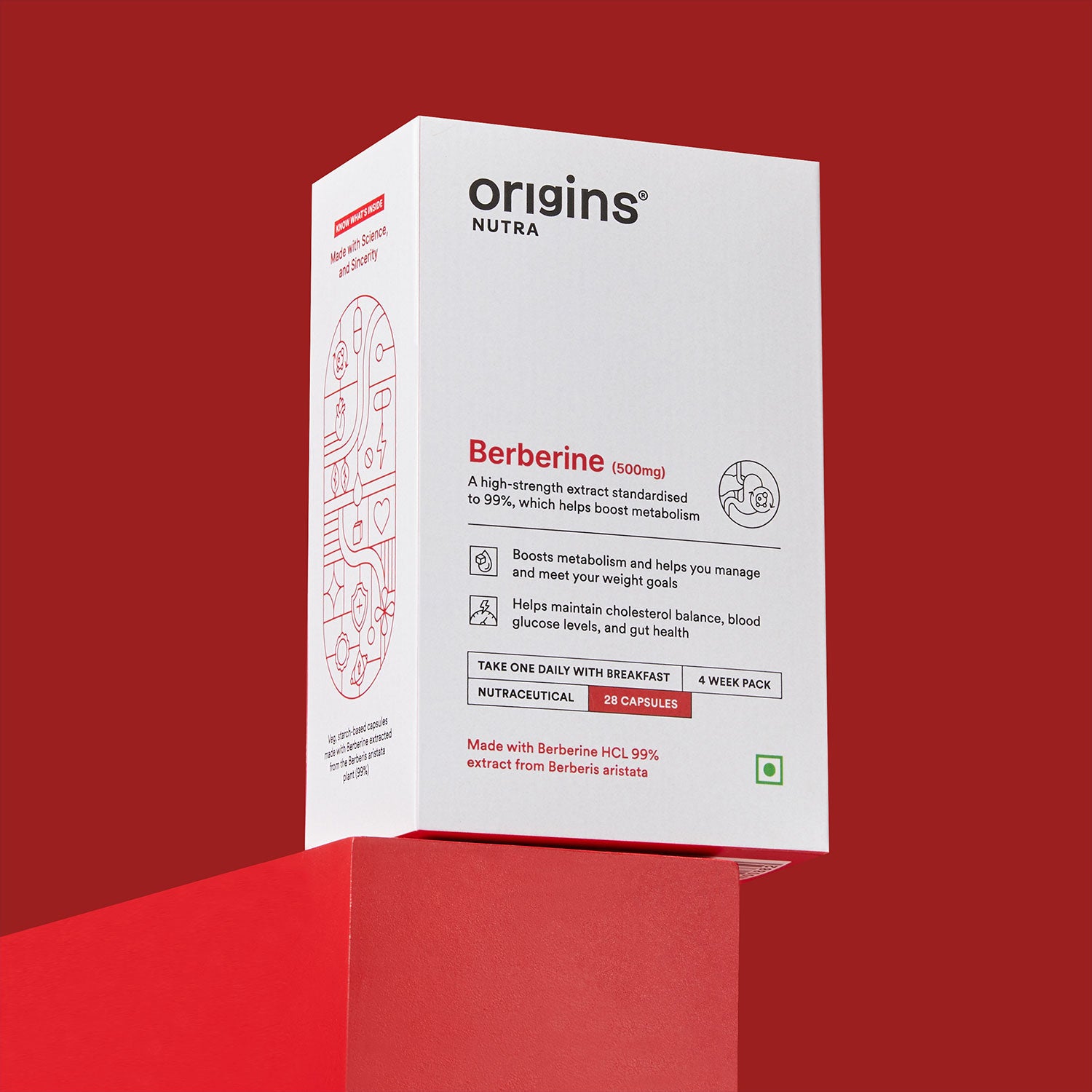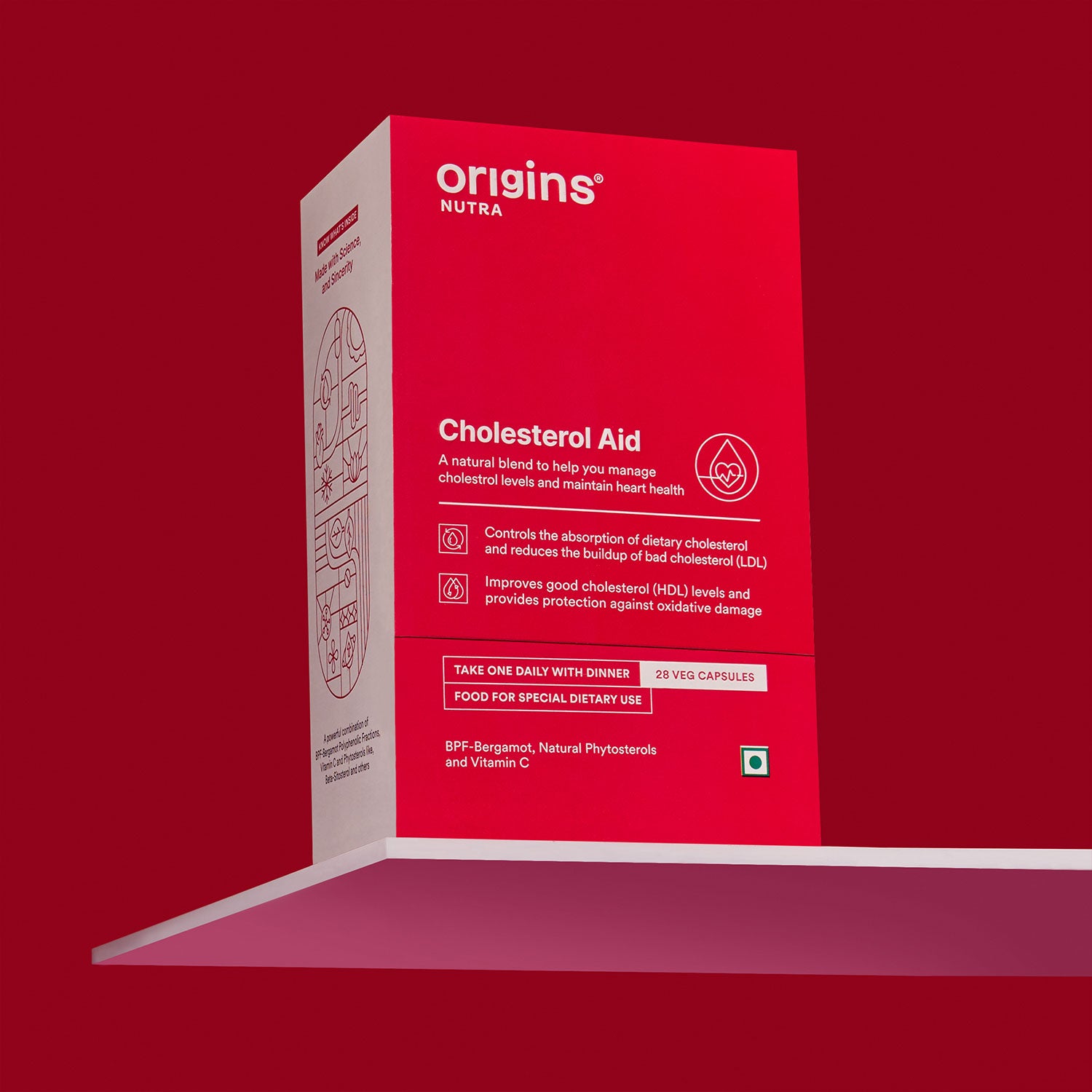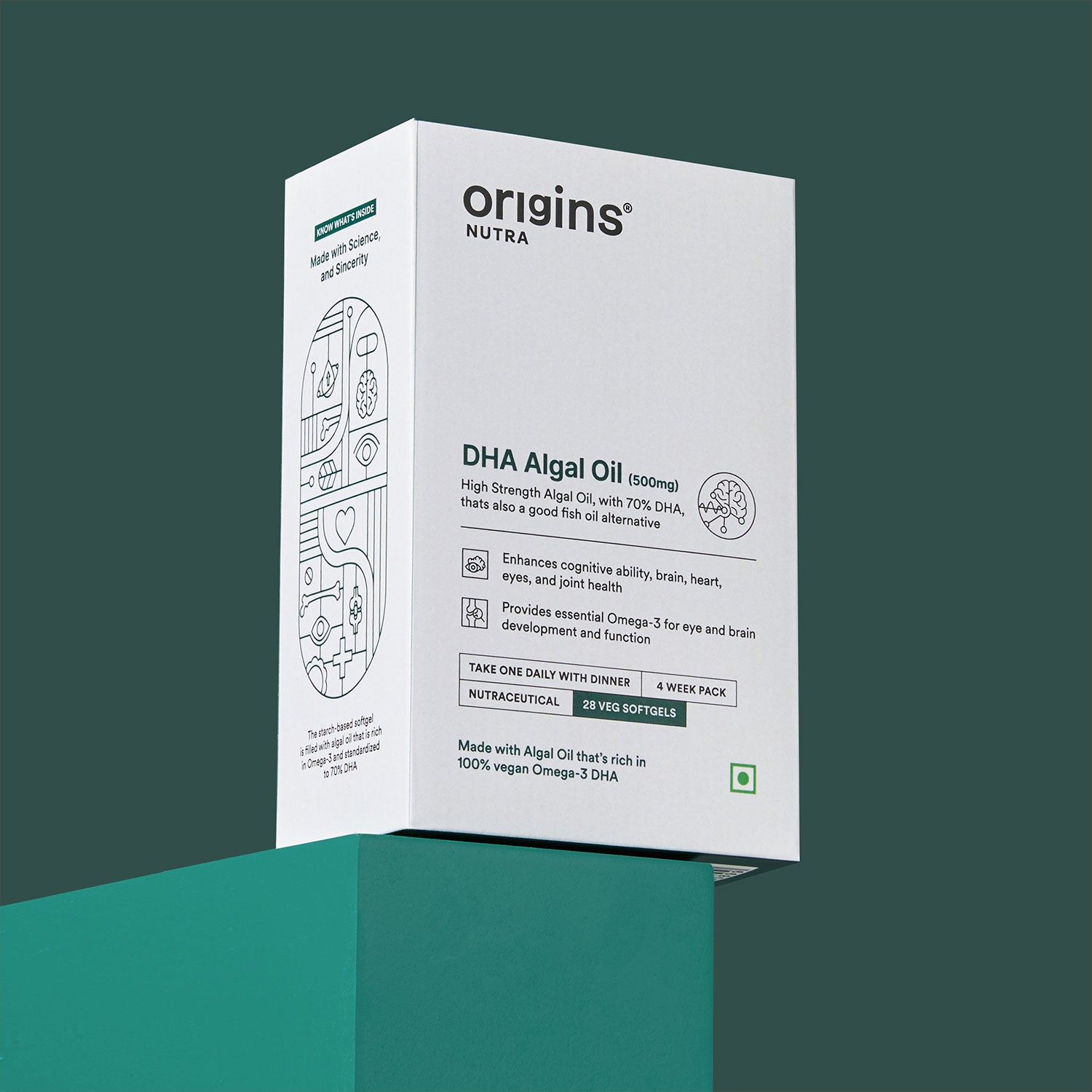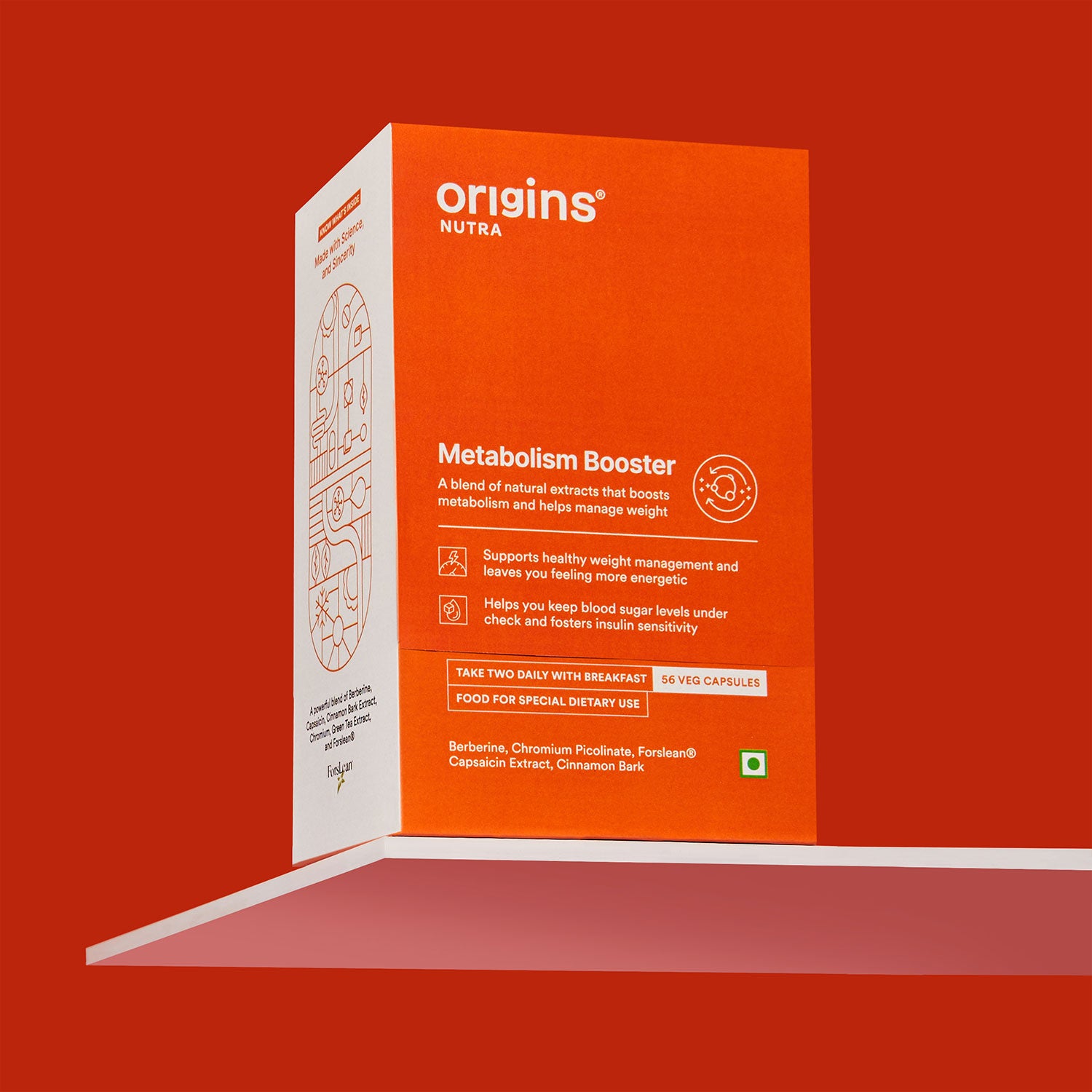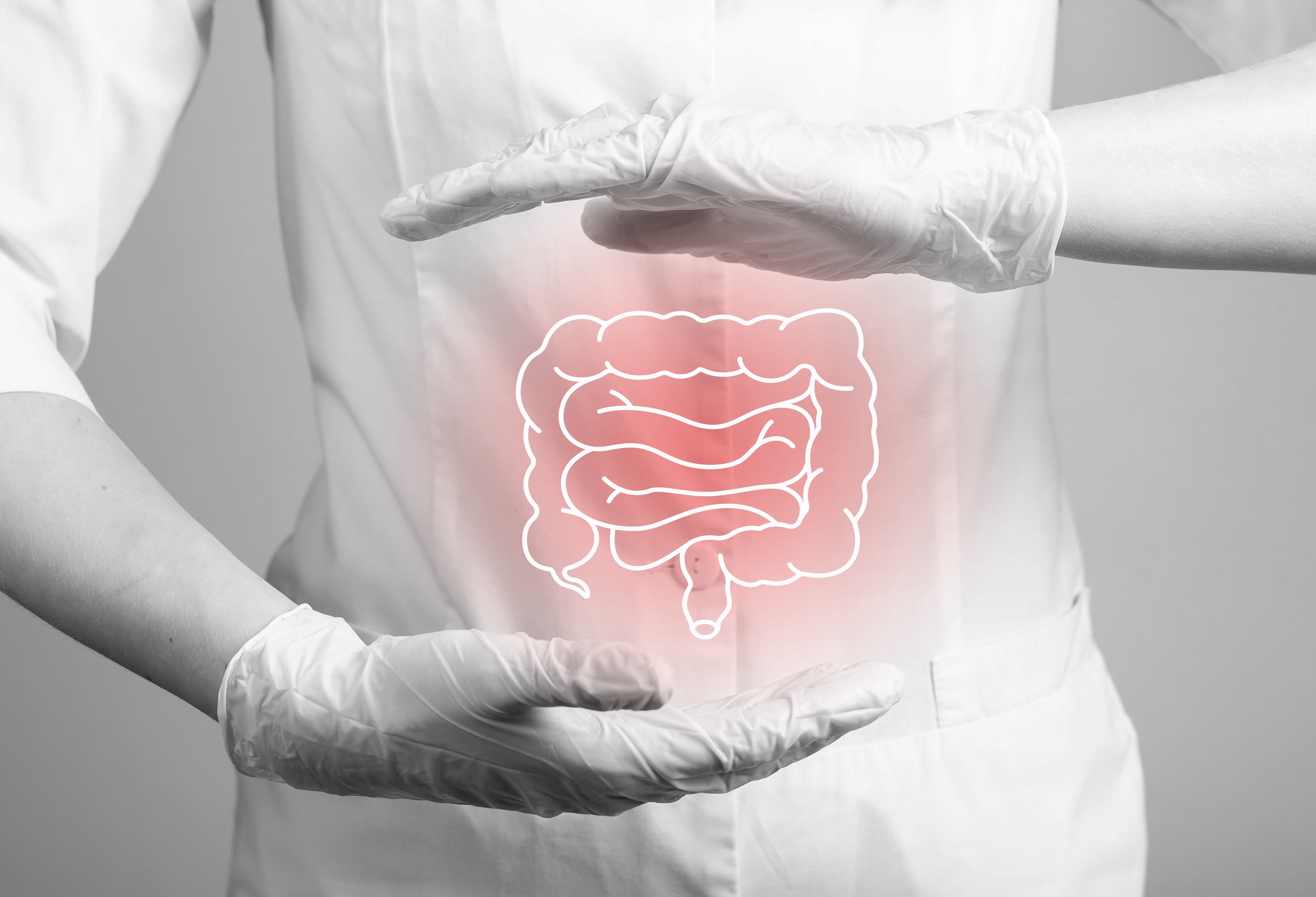How to Improve our Gut Health ?
- What is gut health?
- Why is gut health so important?
- Habits that can destroy your gut health
- Impact of an unhealthy gut on your health
- Signs of an unhealthy gut
- How to improve your gut health
- Key points
- References
Good health starts with a good gut. Your gut is linked to every facet of your health, from your immune system to your nervous system. Hence, it is called the second brain!
Did you know that our gut is lined with more than 100 million nerve cells? And indeed, the gut and the brain interact with each other for almost all bodily functions.
What is gut health?
Let me start with a funny note, your gut is not Las Vegas and what happens in the gut does not stay in the gut!
Gut simply means the long tube in your body wherein the food is moved and broken down, digestion and absorption happen followed by excretion (passing stools).
In short, the gut is your digestive system. It is a known fact that the digestive system plays a key role in maintaining our health and metabolic functions (changing food into energy).
Your gut is also responsible for regulating your hormones and managing your mood.
Have you ever felt happy and satisfied after a delicious meal? This instantly boosts your serotonin hormone (mood stabiliser), making you feel happy. Similarly, a meal that is bland and tasteless can put you in a flat and dull mood.
This shows how well connected your mental state is with your gut!
Your gut health is supported by multiple factors like:
- Diet and lifestyle
- Genetics
- Gender
- Age
But what is the science behind the gut and our metabolism?
The answer is your ‘gut bacteria’! You will understand more as you read the article.

Why is gut health so important?
Your gut health is directly linked to your gut bacteria which is also known as the ‘gut microbiome’.
- Immune System:
The gut microbiome helps balance the immune system, preventing autoimmune issues by regulating inflammation and supporting the gut barrier. Changes in gut microbes can affect immune responses, leading to autoimmune diseases like Type 1 Diabetes, Hashimoto’s Thyroiditis.
- Digestion:
Good bacteria in your gut break down food into Short-Chain Fatty Acids (SCFAs), which provide energy for your body and help regulate blood sugar levels, benefiting people with diabetes or insulin resistance. These SCFAs also nourish intestinal cells, contributing to daily calorie needs.
- Brain Health:
Your gut microbiome produces chemicals that affect your mood and responds to stress signals from your brain via the Gut-Brain Axis. This connection allows your gut and brain to communicate. Stress can cause gut issues, and neurotransmitters produced in the gut, such as serotonin and GABA, impact your mood and emotions.
- Weight Loss:
The gut microbiome assists in metabolism by breaking down substances like bile acids, proteins, fibers, and carbohydrates. Certain good bacteria, such as Bacteroidetes, can reduce fat-storing hormones and enzymes that block fat burning, while others like Clostridia help regulate glucose and insulin sensitivity. Imbalances in these bacteria can lead to metabolic diseases like diabetes.
- Skin Health:
The gut microbiome is connected to skin health through the gut-brain-skin axis. When the gut microbiota is imbalanced, it can trigger inflammation that worsens skin conditions like acne, psoriasis, and eczema. This imbalance may also lead to leaky gut syndrome, weakening the intestinal barrier and potentially worsening asthma and other conditions.
- Sleep:
Habits that can destroy our gut health:
Numerous habits can negatively impact our gut health, which is crucial for our overall well-being. Unhealthy dietary habits, like consuming processed foods high in sugar and unhealthy fats, can disturb the balance of gut bacteria and cause inflammation. It's important to be aware of these habits and prioritize behaviors that support gut health, such as maintaining a balanced diet, managing stress, getting sufficient sleep, and staying physically active. Click here to learn more about lifestyle habits that may harm our gut health.
The impact of an unhealthy gut on your health and diseases:
All diseases begin with the gut. We have discussed how good bacteria plays an important role in digestion and all the metabolic functions in the body. A decrease in these good bacteria for a prominent amount of time can lead to diseases like:
- Inflammatory bowel disease (IBD)
- Ulcerative colitis
- Crohn’s disease
- Type 2 diabetes
- Cancers
- Deficiencies
- Obesity
- Menstrual irregularities
Signs of unhealthy gut:

How to improve your gut health
- Reduce your stress levels by practising relaxation methods like yoga, meditation, breathing exercises, and mental health therapies.
- Establish a proper sleep cycle, where you go to sleep on time and wake up at the same time every day. This is called circadian regulation.
- Observe what food is causing you allergic reactions, bloating, diarrhoea, or constipation. Make a note of those food items and avoid them or save them only for occasional consumption.
- Fermented batters, kimchi, kombucha, yogurt, buttermilk, bananas, apples, oats, whole grains, vegetables, leafy greens, cruciferous vegetables (cabbage, cauliflower, broccoli), and other high fiber millets and sprouted lentils are recommended to develop good gut bacteria.
- People who suffer from IBS, IBD, ulcerative colitis, Crohn’s disease should essentially follow a low FODMAP (fermentable oligosaccharides disaccharides monosaccharides and polyols) diet to avoid complications.
- Hydration with soups, buttermilk, coconut water, rasam or sambar, and seasonal whole fruits are suggested to reduce dehydration-related gut dysbiosis (dysfunction).
- Regular participation in any form of physical activity is great for the gut.
Key points:
The takeaway from this article is that your gut is the source of your modest health. By taking care of your diet and lifestyle, you also take care of your mind and body.
Some genetic factors might trigger gut issues however, practicing a healthy lifestyle consistently can put many painful symptoms to rest.
Your gut bacteria play a key role in your overall health and hence nutrition and exercise are very important.
Your gut is connected to all the physiological functions in the body and hence it is called your second brain for this very reason.
References:
- Boytar, A. N., Skinner, T. L., Wallen, R. E., Jenkins, D. G., & Dekker Nitert, M. (2023). The Effect of Exercise Prescription on the Human Gut Microbiota and Comparison between Clinical and Apparently Healthy Populations: A Systematic Review. Nutrients, 15(6). https://doi.org/10.3390/NU15061534/S1
- Cicchinelli, S., Rosa, F., Manca, F., Zanza, C., Ojetti, V., Covino, M., Candelli, M., Gasbarrini, A., Franceschi, F., & Piccioni, A. (2023). The Impact of Smoking on Microbiota: A Narrative Review. Biomedicines 2023, Vol. 11, Page 1144, 11(4), 1144. https://doi.org/10.3390/BIOMEDICINES11041144
- Geng, J., Ni, Q., Sun, W., Li, L., & Feng, X. (2022). The links between gut microbiota and obesity and obesity related diseases. Biomedicine & Pharmacotherapy, 147, 112678. https://doi.org/10.1016/J.BIOPHA.2022.112678
- Patangia, D. V., Anthony Ryan, C., Dempsey, E., Paul Ross, R., & Stanton, C. (2022). Impact of antibiotics on the human microbiome and consequences for host health. MicrobiologyOpen, 11(1). https://doi.org/10.1002/MBO3.1260
- Rowland, I., Gibson, G., Heinken, A., Scott, K., Swann, J., Thiele, I., & Tuohy, K. (2018). Gut microbiota functions: metabolism of nutrients and other food components. European Journal of Nutrition, 57(1), 1. https://doi.org/10.1007/S00394-017-1445-8
- Schirmer, M., Smeekens, S. P., Vlamakis, H., Jaeger, M., Oosting, M., Franzosa, E. A., Jansen, T., Jacobs, L., Bonder, M. J., Kurilshikov, A., Fu, J., Joosten, L. A. B., Zhernakova, A., Huttenhower, C., Wijmenga, C., Netea, M. G., & Xavier, R. J. (2016). Linking the Human Gut Microbiome to Inflammatory Cytokine Production Capacity. Cell, 167(4), 1125. https://doi.org/10.1016/J.CELL.2016.10.020
- https://www.nytimes.com/2024/01/30/well/eat/alcohol-gut-health-microbiome.html#:~:text=But%20we%20do%20know%20that,the%20esophagus%2C%20colon%20and%20rectum.
- https://www.medicalnewstoday.com/articles/do-antibiotics-harm-healthy-gut-bacteria

